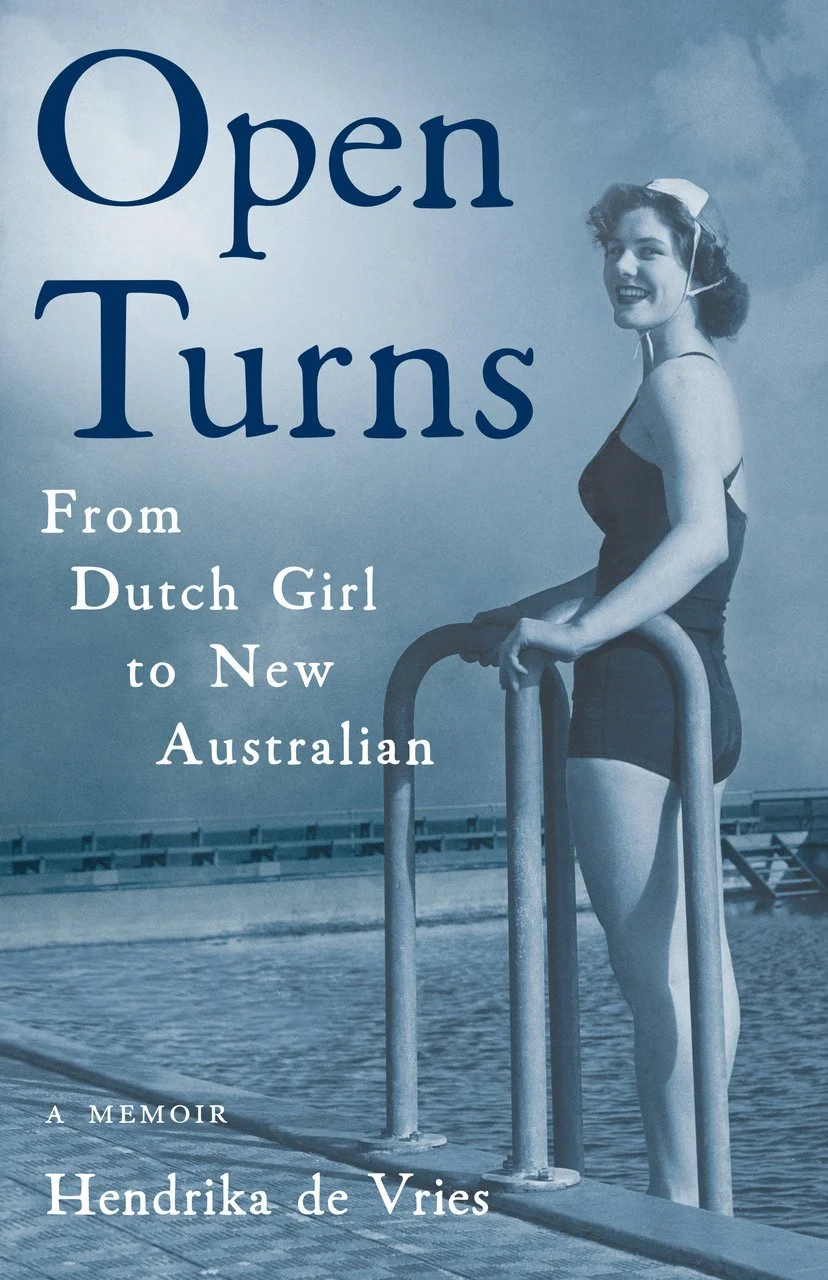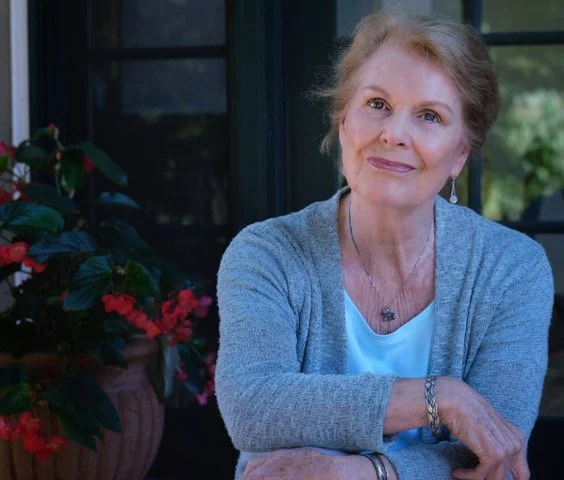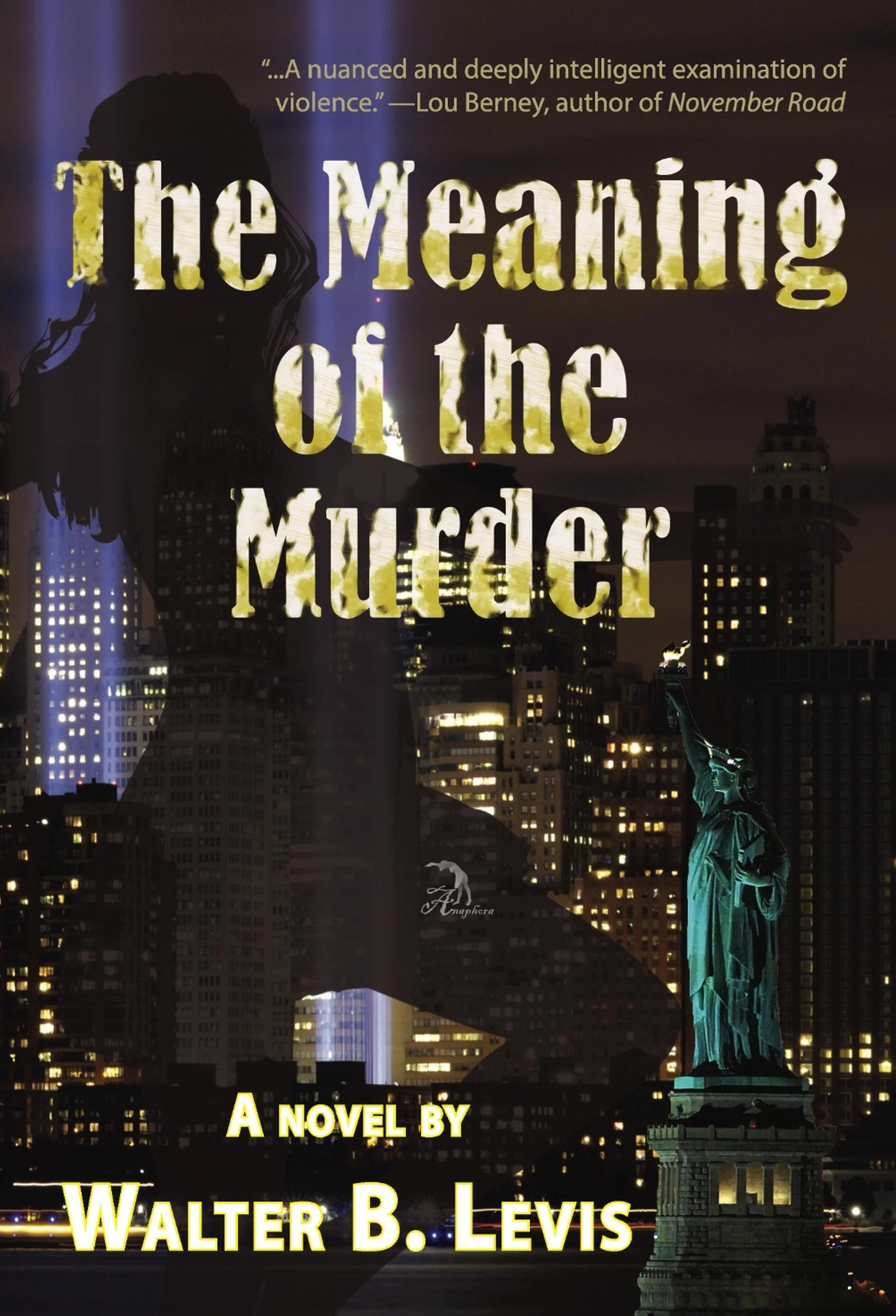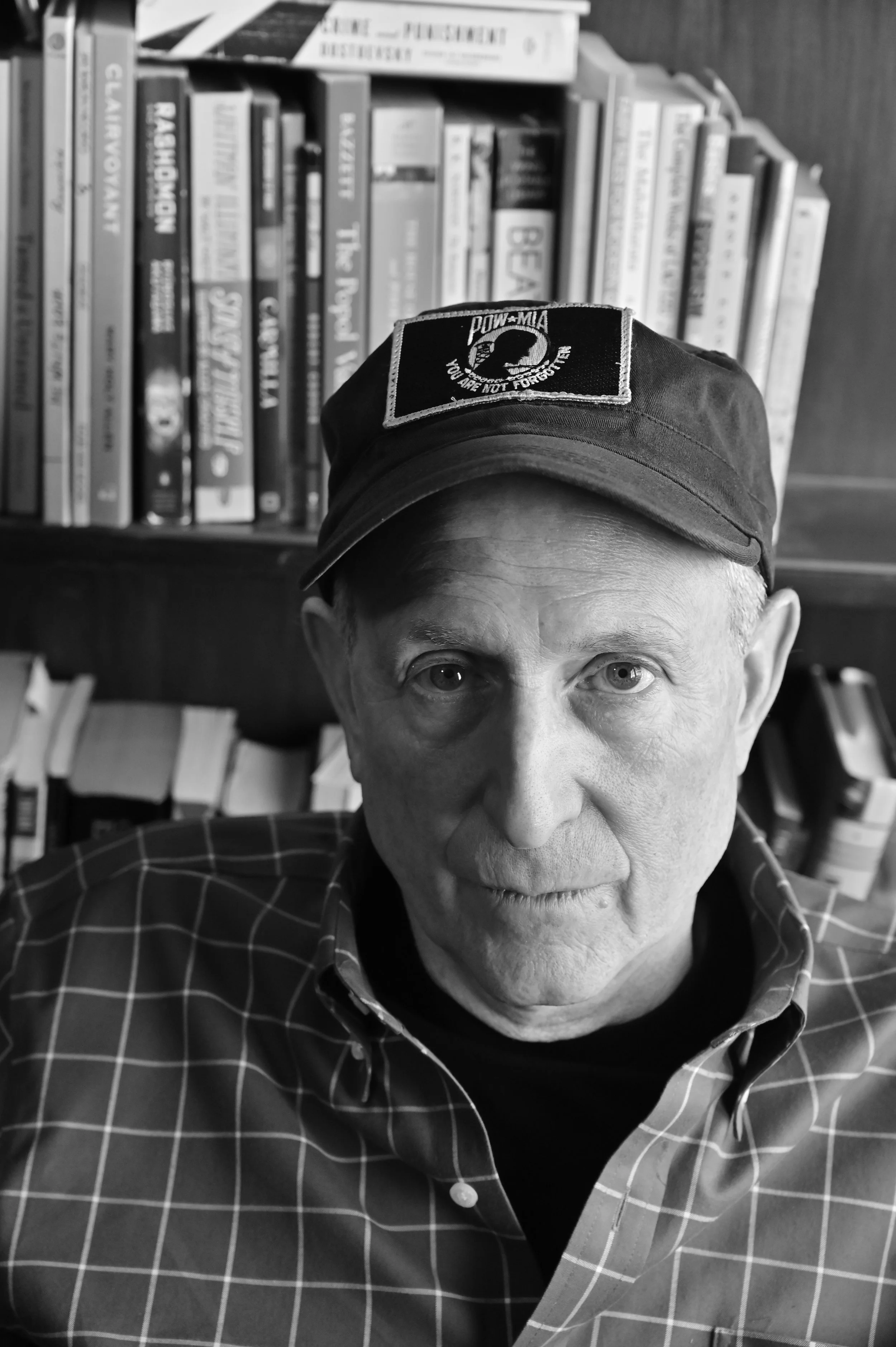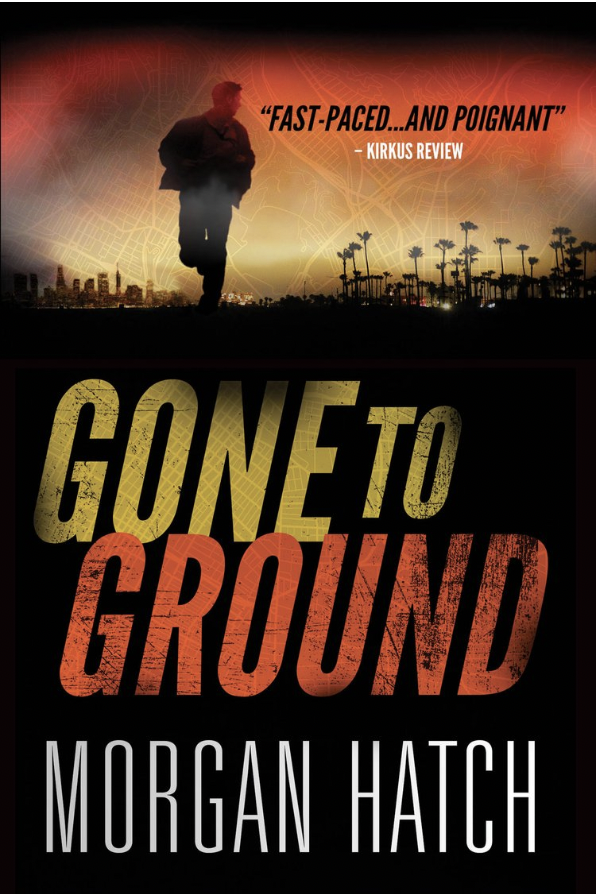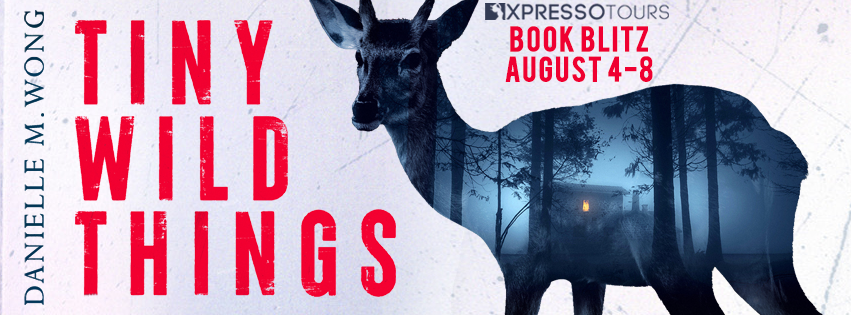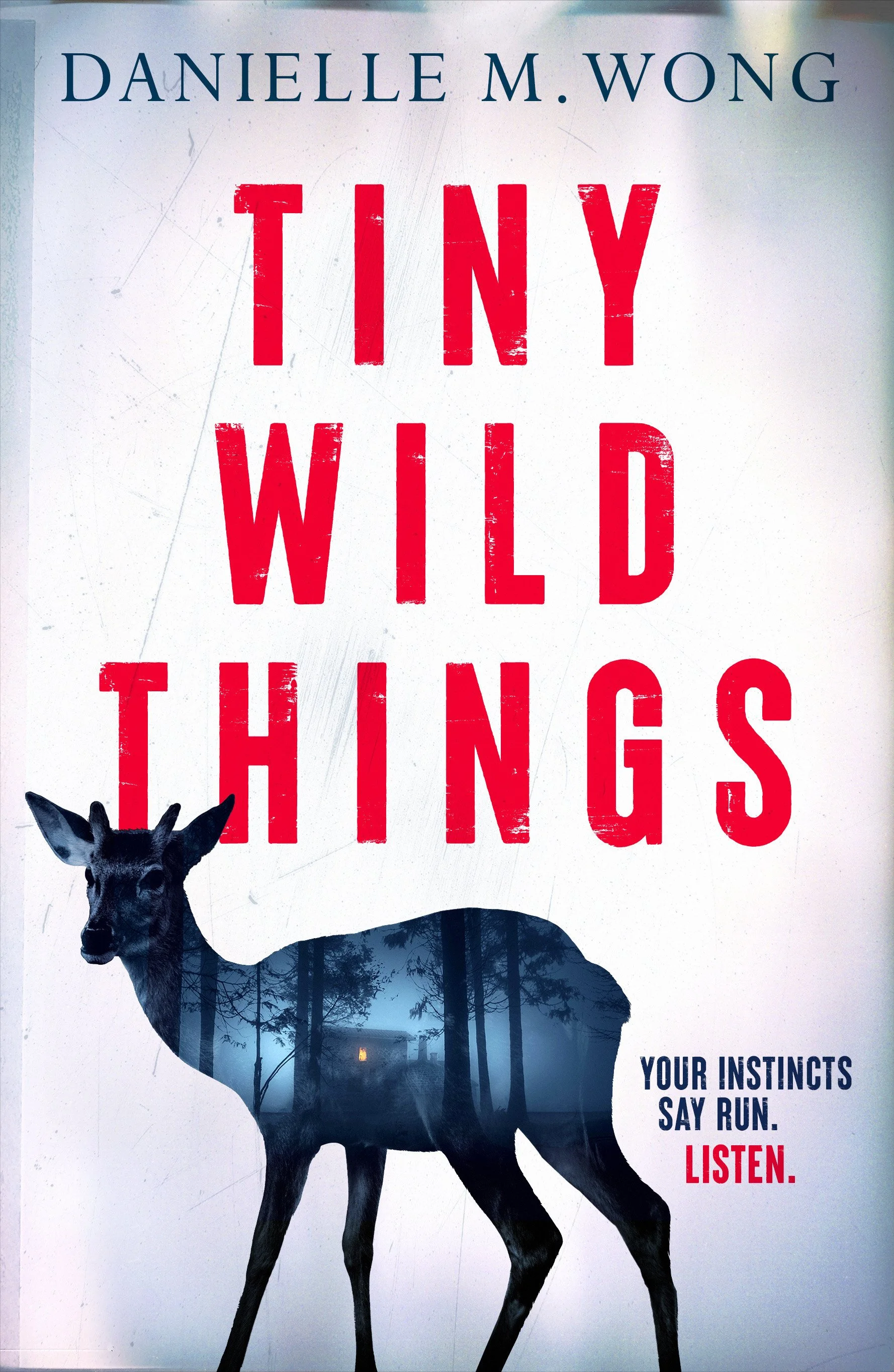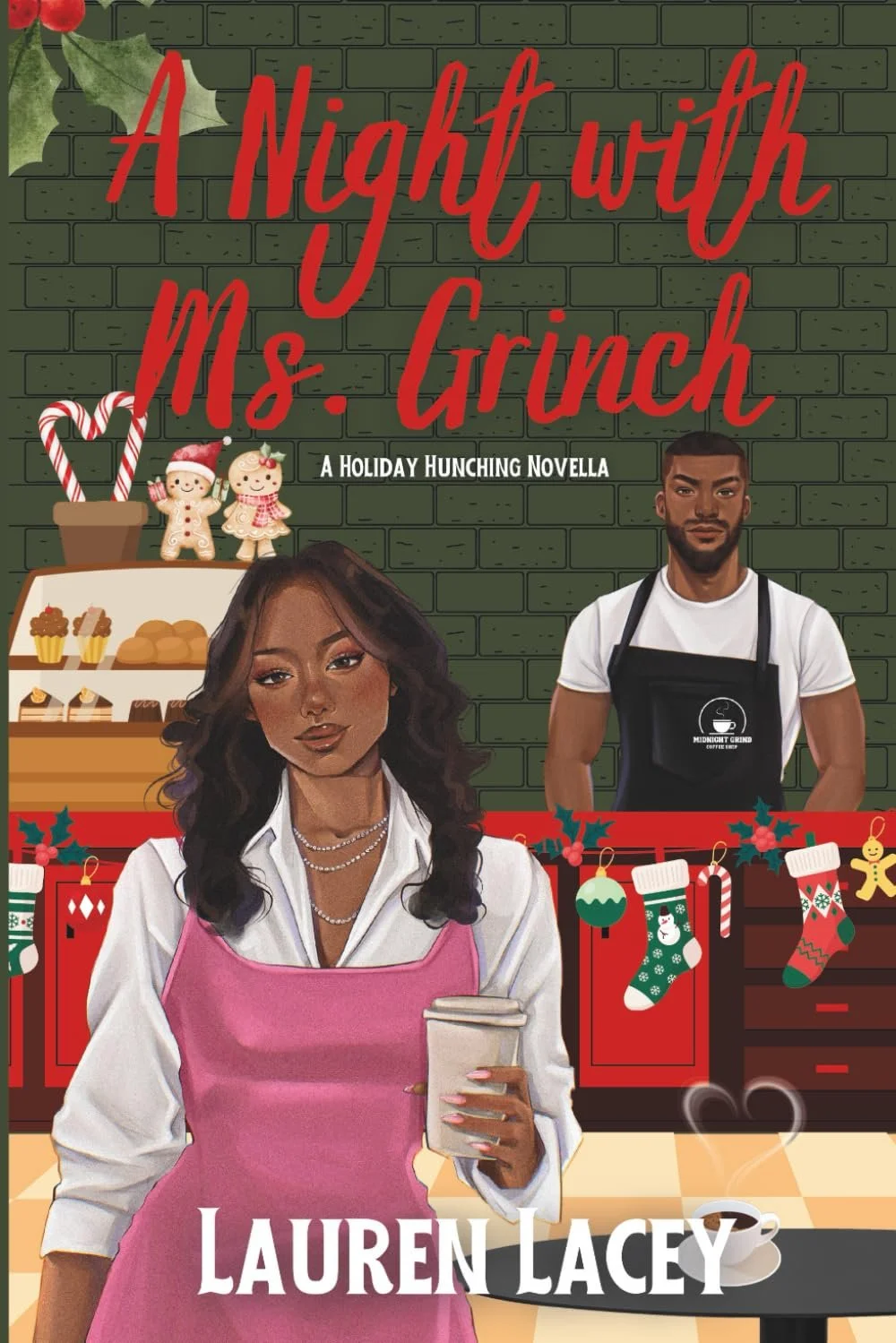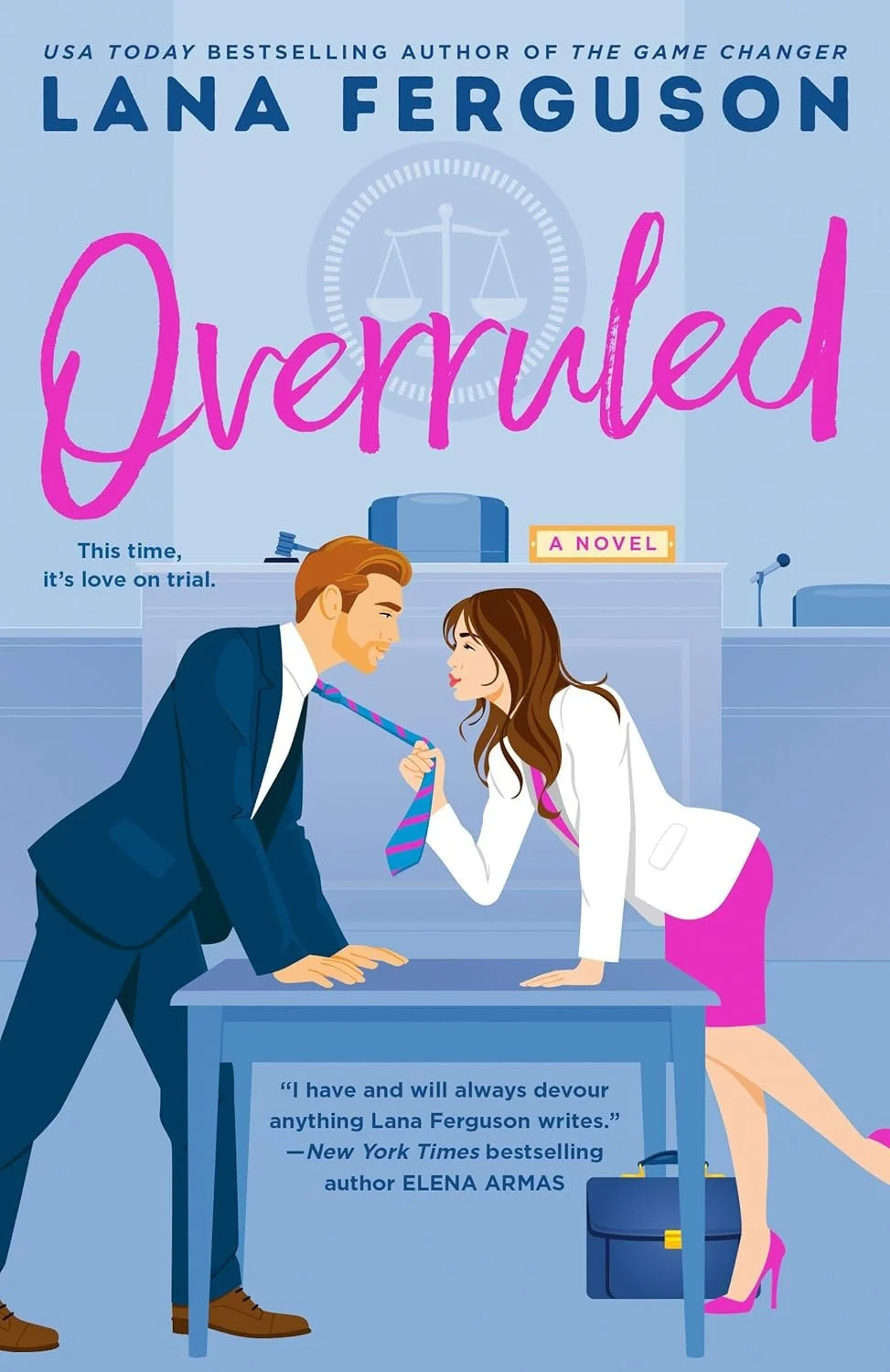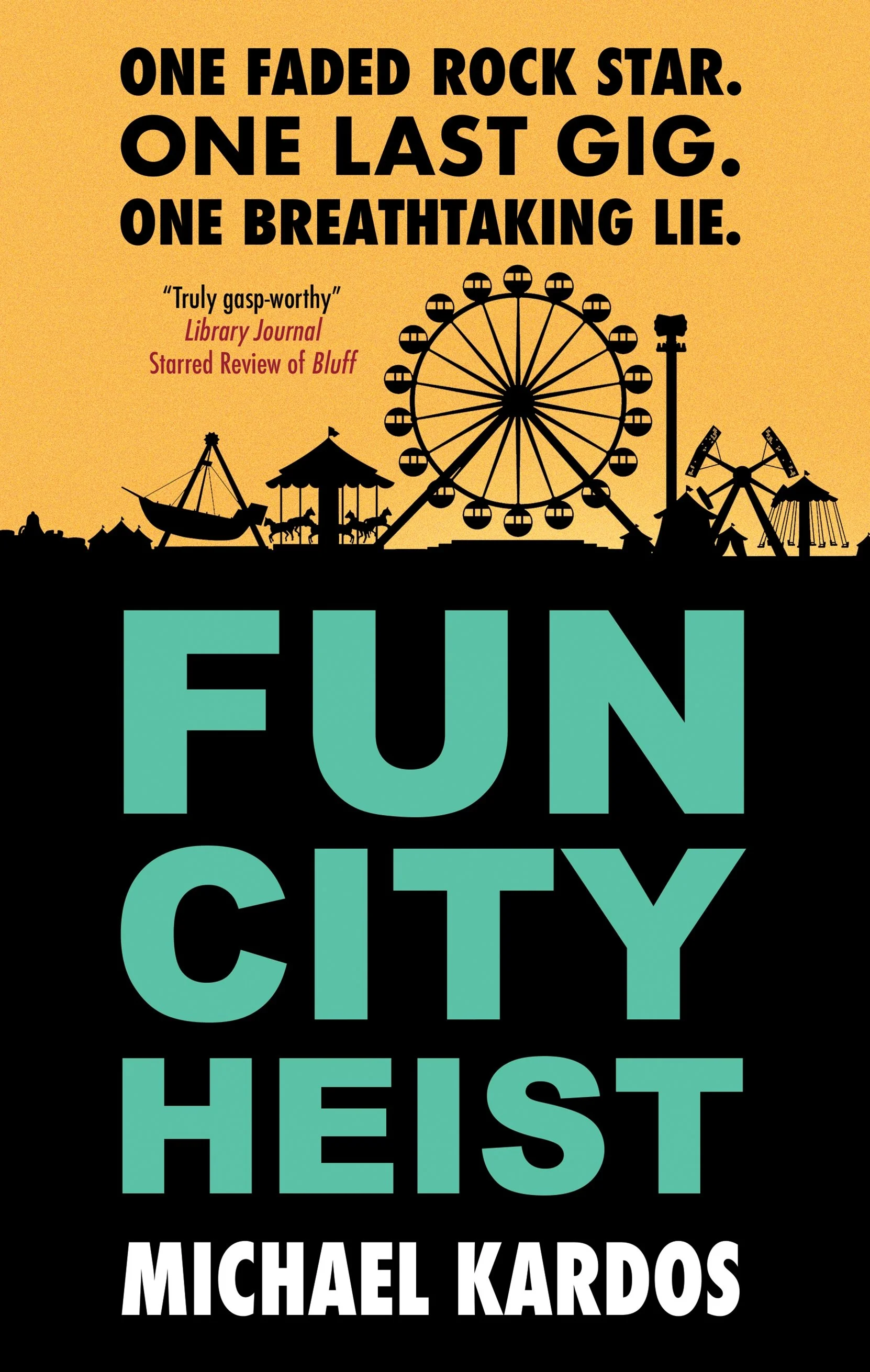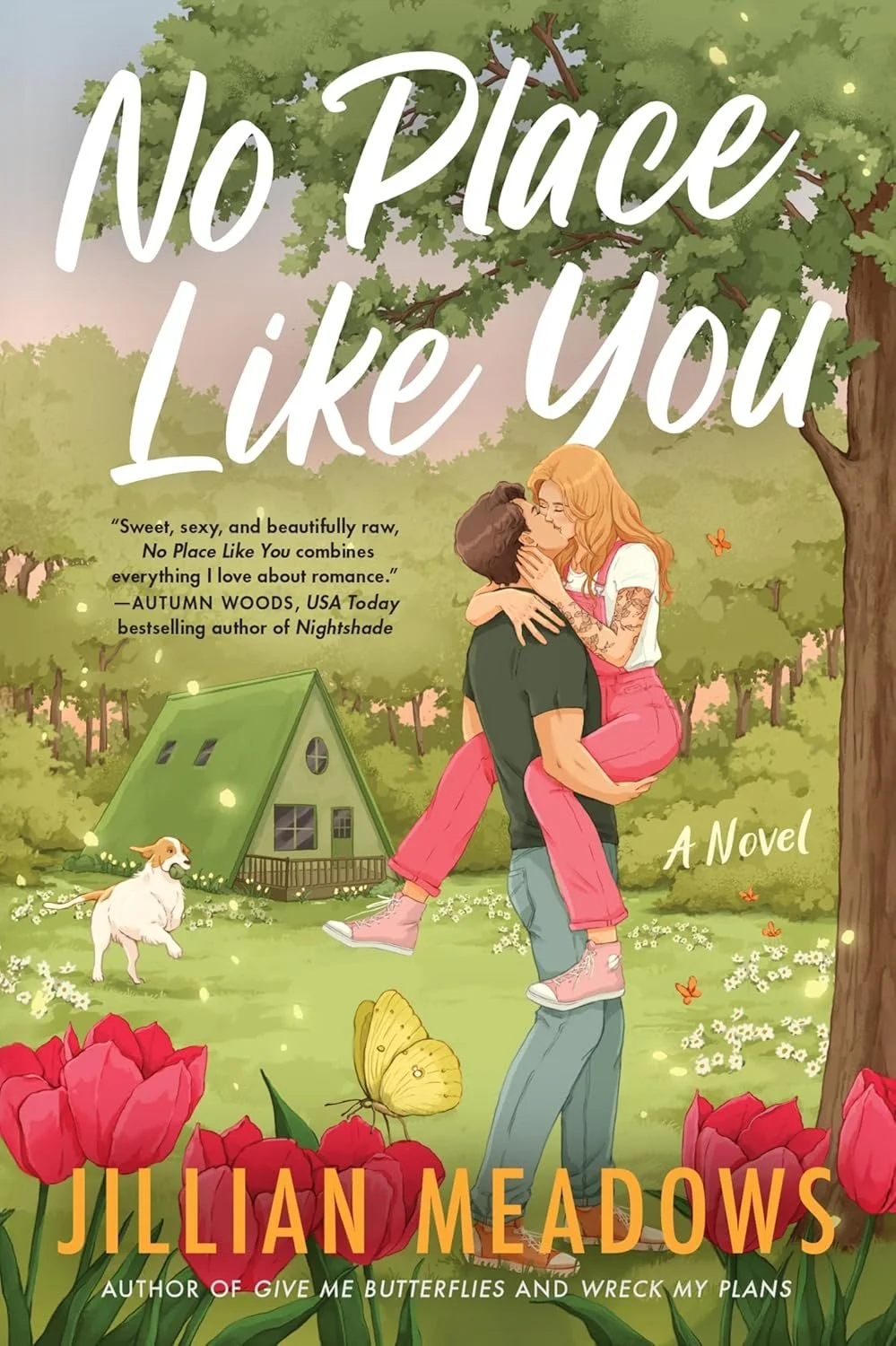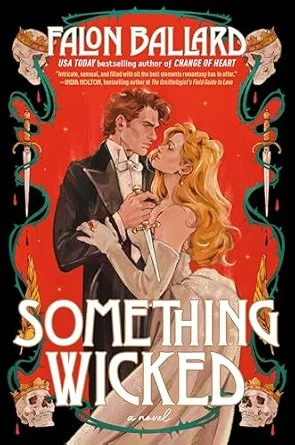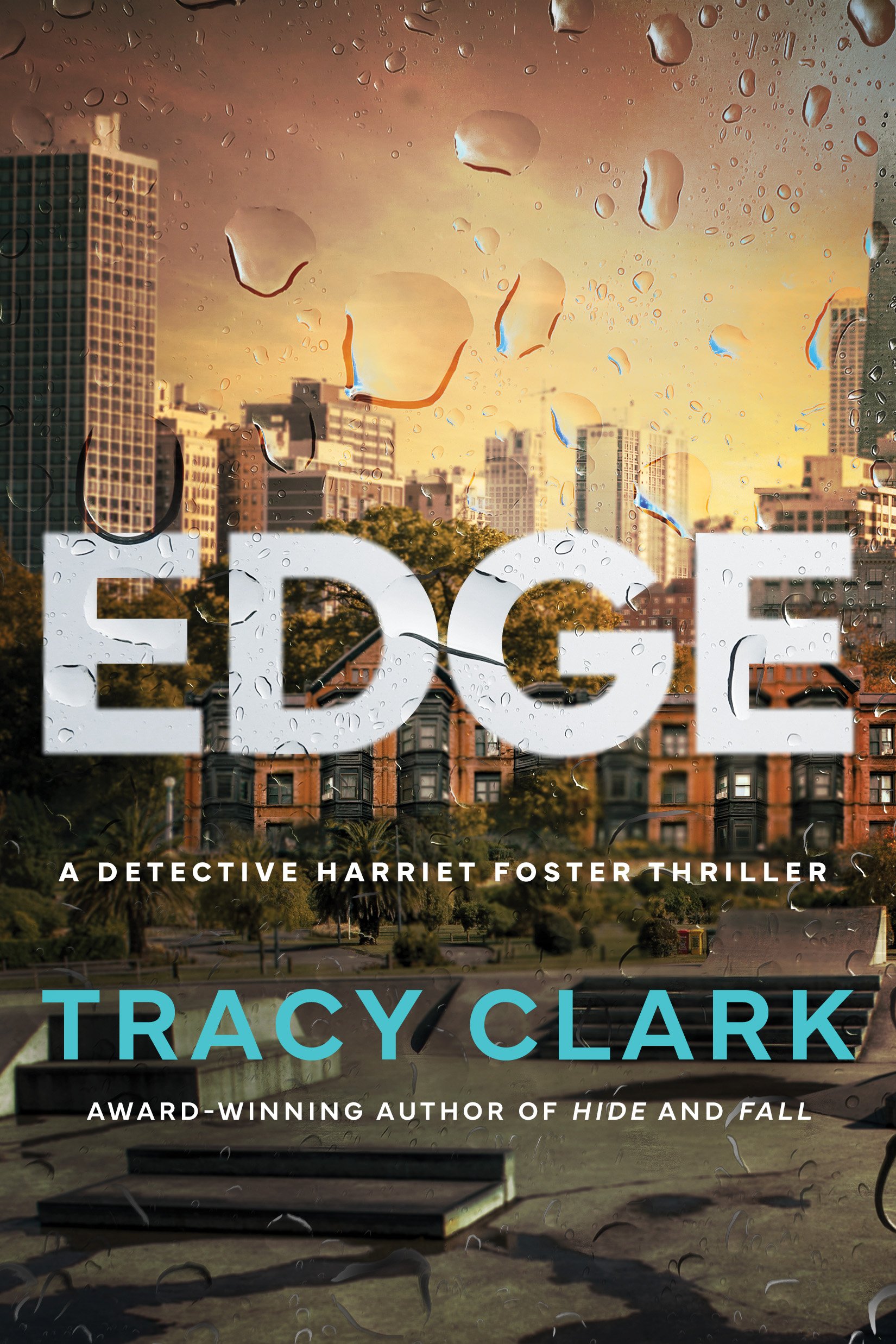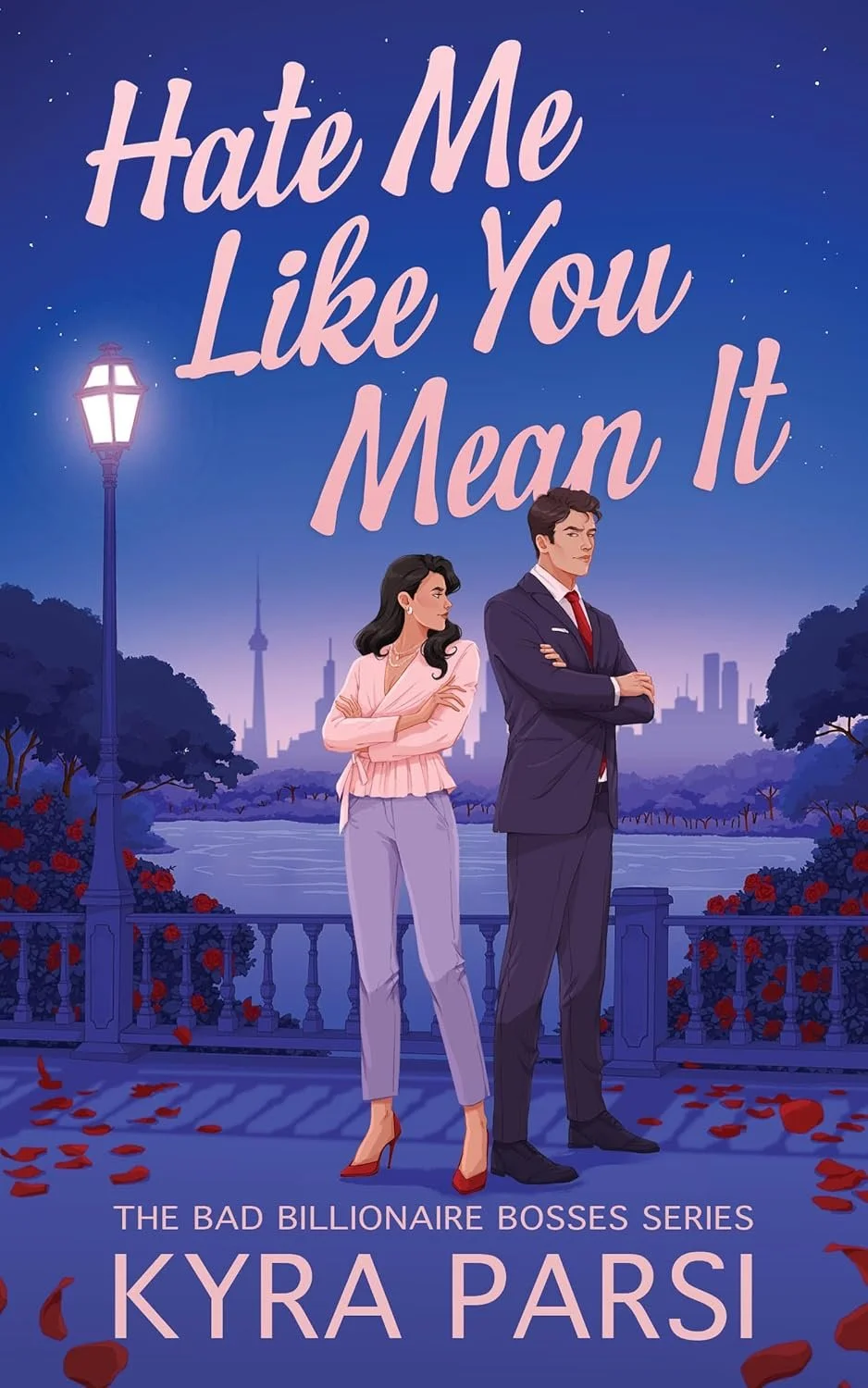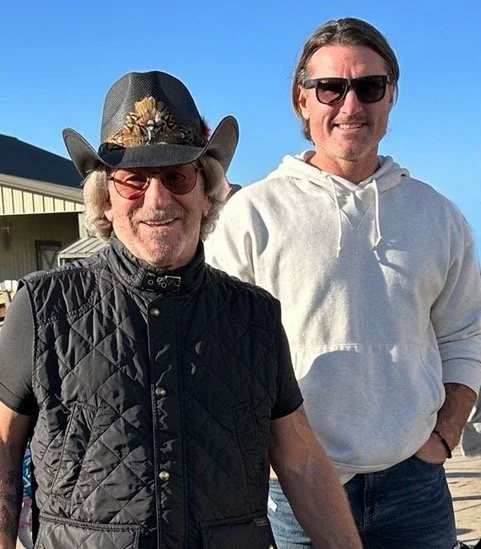Find them early enough, and they will always be her girls.
Birdie Rhodes was only thirteen when legendary modeling agent Harriet Goldman discovered her in a department store and transformed her into one of Harriet’s Girls. What followed felt like the start of something incredible, a chance for shy Birdie to express herself in front of the camera. But two years later, she meets a thirty-one-year-old rock star, and her teenage heart falls hard as he leads her into a new life, despite Harriet's warnings. Then, as abruptly as it began, it’s over, like a lipstick-smeared fever dream. Birdie tries hard to forget that time—starting over in Paris, in the dying embers of the LA punk scene, in Boston at the height of the AIDS crisis. She’s not that person anymore. At least, that’s what she’s been telling herself.
Decades later, Birdie lives a quiet life. She works modest gigs, takes Pilates and mostly keeps to herself. Maybe it’s not the glamor she once envisioned, but it’s peaceful. Comfortable. Then a letter arrives, inviting Birdie to celebrate Harriet’s fifty-year career. Except Birdie hasn’t spoken to her in nearly thirty years—with good reason.
Almost famous, almost destroyed, Birdie can only make her own future if she reckons with her past—the fame, the trauma, the opportunities she gave up for a man who brought her into a life she wasn't ready for. Just like she’s not ready now. But the painful truth waits for nobody. Not even Birdie Rhodes.
For fans of My Dark Vanessa and Taylor Jenkins Reid, this striking debut novel explores the dizzying fallout of being seen and not heard in a high-stakes industry that leaves no silhouette unscathed.
Excerpt
I do not receive the sort of mail that comes in thick cream-colored envelopes. Sometimes junk might mimic the size, the color of personal correspondence, but the envelope is never linen. The cursive address block is always black, always slightly pixelated. If it wasn’t for the violet calligraphy looping into a name few people call me anymore, I’d think this delivery was a mistake on the part of the mail carrier.
I ease the envelope flap open with a pearl-handled letter opener. I paid someone to clean out my parents’ house after my mother died, and she sent me a box of things she thought I might like to have. Jewelry, mostly, but also some truly ridiculous items like opera glasses, a Christmas card from Pat Nixon, who my mother adored, and this letter opener, which I use in tribute not to my mother but to Barb, who spent forty-six meticulously accounted-for hours sorting through drawers neglected over the rise and decline of several technologies. I imagine how she must have seen me: This woman who’d rather pay someone to clean up her past seems like the sort who wouldn’t want to risk a paper cut opening her mail.
The letter opener does its job, revealing, of course, an invitation. A startling thing, given that I’ve cultivated a life that does not require x-ing little cards with my preference for meat or fish. My friend Bobby’s wedding three years ago was the first one I’d attended since the ’90s, and it will probably be the last.
Fifty years of glamour, the invitation declares. You are cordially invited to join us as we celebrate Harriet Goldman and the careers she launched. And a smaller card, separated from the invitation by vellum yet still bound to it with a gold cord: As one of Harriet’s Girls, you will be a special part of this gala event. And finally, a handwritten note: Hope to see you there! Therese.
Therese! My god. How is she still around? Even Debi retired to Prince Edward Island with her wife and is having the time of her life, which she has completely extracted from any tentacle of the industry.
At the time, I admired Debi for this. I still do. Then again, if she were here, she would have warned me.
Pilates stance: heels together, toes apart. The same as first position in ballet, not so different from the Y position one would take at the end of a runway before the turn, or in a photo to angle the hips just so. Nearly every reformer class begins the same way. Lying on the machine, pelvis neutral, heels touching with the balls of the feet on the foot bar, knees as wide as the hips. We’ll move into other foot positions, other movements, but it always comes back to Pilates stance. The pose of my life.
Today, though, is jump board class. I hadn’t realized the Wednesday afternoon session had switched from the regular sculpt class when I booked, wasn’t paying much attention to anything but the gala invitation. “You’re going to have so much fun with this,” the instructor, Caro, says as she shimmies the board into the end of the reformer.
It’s been years since I’ve taken a jump class; I am fairly certain I will not have fun. All the defined, elegant movement—the return to my body, the escape—that I can retreat into during a regular class is off the table with a jump board. There’s something unsettling about being on your back and bouncing up and down on a tiny trampoline, two movements that do not go together. It feels like an illusion.
That’s a lie.
It feels like a loss of control.
I try to keep my mind on my core, on my pelvic floor, on the flexibility in my ankles as we warm up our bodies and joints for the jumps. I try to enjoy the weightlessness as I spring off the board, try to remind myself I will come back down. Caro walks us through a series with our feet parallel, with our feet in Pilates stance, with one leg raised.
“Now when you push back,” she says, “I want you to scissor one ankle over the other three times, starting with the right. I know, it’s a lot. You’ll have to move fast to fully articulate your foot position at the bottom.”
I look up to watch her demonstrate with her arms and I keep my chest lifted to ensure my own proper positioning. My legs, long and lifted, toes pointed as one ankle crosses over the other.
Like a good girl. Like a memory.
The feeling crashes over me as quickly as the reformer bed jolts back home. The sound of the machine, the sound of my knees hitting the board. Everyone is looking; everyone is always looking. I am here but not, and still, it is the same silent stares as before.
Caro rushes over to check on me and the equipment, but I’m already on my feet, murmuring a jumble of words that hopefully amount to an apology. It is possible I’m still whispering that I am sorry by the time I am in the car, by the time I am fumbling my key in the door of my home, by the time I am pouring a chilled glass of Sancerre to wash it all away, by the time I am no longer sure who or what I am apologizing for.
I take a breath because that’s what you’re supposed to do in moments like these, take a breath like I am performing Woman Who Must Recenter Herself After Freaking Out In Public. The role of a lifetime. One breath, then another, and then I take a photo of the invitation and text it to my friend Bernice. Bernice who lives in New York, where it is already 9:00 p.m. Bernice who is so busy that our phone dates require planning and a spot on her calendar so her assistant does not accidentally book over them. Bernice whose name lights up my phone ninety seconds later.
“What are you going to do?” she asks. No time for greetings.
I tell her I don’t know. It’s in September.
“That’s barely enough time to get work done!”
My laugh comes out in a dry bark. But this is why I adore Bernice—she understands where my mind goes first, even if it’s not the most flattering place, because her mind has been molded in the same way: around our appearance.
“Well,” she says. “You don’t have to decide right now.”
We both know, though, that the deciding isn’t the only problem. It’s everything else—the peels and fillers and history and emotions—in between.
Bernice has to go, has to return to dinner. I don’t mind; we’ll talk more later. What matters in this precise moment is that someone else knows. And I am here, breathing my breaths, feeling the cool tile under my feet, feeling the sweat of the wine bottle against my palm.
I am still here.
But then again, so are all the me’s I’ve been. Those girls and those years have, quite literally, piled up as a stack of portfolios in my living room.
In modeling, a tear sheet is currency. It’s exactly what it sounds like, a sheet of paper, torn from a magazine, and also more. It is proof that a model exists. You tear yourself away from the pages you worked so hard to float among so that you may have another page to tear later.
I built myself from my tears. The magazine pages and before too, from the beginning. Each tear means something. It has to. For example: birth is a kind of tear, and if that sounds too dramatic, too much like fumbling for a connection between two different things, tell me what to call it, then, when a woman barely has time to feel what’s growing inside of her for what it is before the baby girl comes thrashing out. No bond, no hand hovering over fluttery kicks, no dreams of her looking more like Mom or Dad but as long as she’s healthy. She is—healthy enough, at least. At first.
Each tear said it louder.
I am here. I exist. Better than before.
Your active portfolio doesn’t get longer. Quality over quantity. A solid life philosophy. You rotate pages out, keep them current. The old ones I moved into a different binder. Even though I never open it, I still have it. The proof. And what need do I have to look when I can still see some of those pictures so vividly.
The first shoot, sweet thirteen and never been anything, all big hair and party dress dreams.
The first bathing suit, a year later, no hips, all legs. A pout, nothing yet to put behind it.
Three pictures later, something behind it.
Tanned, hairless thighs. Sunbaked hair removal ad. Later, a commercial.
A fashion show: the wedding dress walk, just a year past old enough to legally wed in the state of California. This bride was crying.
Hint of a smile, face hidden by hair. Truth hidden by face. You’ve come a long way, baby.
Empty years.
Hands smoothing anti-aging cream.
Made into a woman as a girl, then broken into parts once womanhood became too real.
I could say this is the summary of four decades but that would be too simple. Every picture tells a story is a cliché until it’s not.
Excerpted from The Cover Girl by Amy Rossi (c) 2025 by Amy Rossi, used with permission by HarperCollins/MIRA.
Buy on Amazon | Bookshop.org

